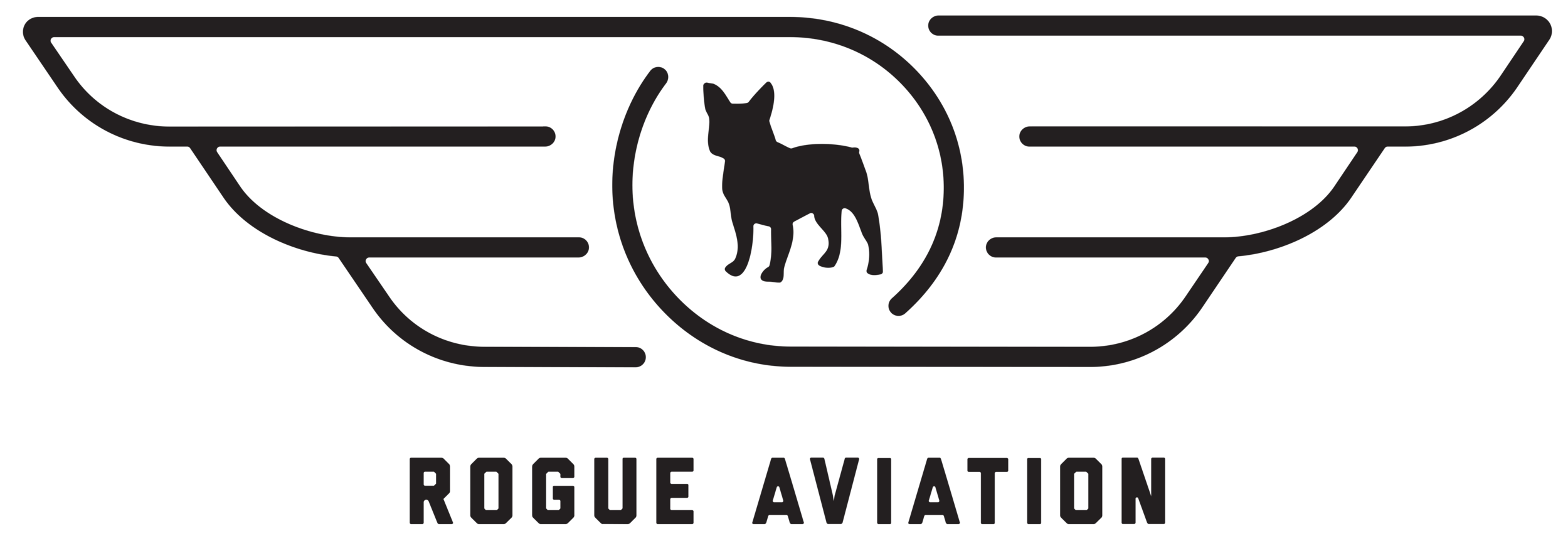8 Tips to Success Pilot Success Kevin Major
Success in this industry requires that you do not give up. There can be many obstacles, but the rewards for perseverance are great. It is helpful to set specific goals, but do not let those goals deter you from opportunities that may present themselves to explore areas of the industry.
Some of the things that have contributed to my success and continue to allow me to reach my goals:
Don’t be above any kind of work. Just because you are a pilot does not mean that the only thing you should do is fly. Hangar needs some cleaning? Clean it. Mechanics need help? Help them. This initiative shows that you are dedicated and will open up doors.
Care about your machine. Clean the windows, wipe up oil and grease, keep the inside clean. Your employer and clients will notice. This will also put you in the good graces of maintenance.
Don’t be afraid of paperwork. It's not fun, and there's just no way around it, but being able to do it well can make you invaluable while simultaneously increasing your knowledge.
Be agreeable, but speak frankly, factually, and authoritatively about safety issues. Someone who gripes all the time may not be taken as seriously when they have a real concern. Someone who is generally easy-going is listened to when they bring up an issue. Be respectful, professional, and factual when you discuss safety concerns.
On the subject of being agreeable as it pertains to fire, being on a fire contract means working with a crew. For the CH-46, that means two pilots, three mechanics, and a fuel truck driver. You will spend up to 14 hours a day on the heli base and likely a portion of your off-time. Intrapersonal conflicts will break down your effectiveness as a team, so it is imperative that you get along with a variety of personality types. Often, there will be a small window for a crew member to get lunch for everyone. Don’t be the person that makes custom orders and slows the process down. Don’t like pickles? Suck it up, buttercup, and pick them off your sandwich. Don’t complain about the accommodations either. If you demand to stay at the Hyatt, you probably won't be asked to come back for next season. There have been many pilots who have been relieved of their position not because they were not good at the job but because they were difficult and created issues with their crew.
Be adaptable. Conditions and mission requirements in the fire and utility field can change quickly. Being able to adapt often dictates the success of the job, but never be afraid to terminate the flight if it is unsafe or beyond your abilities. This also applies to your flying techniques. The way you learned to do something in flight school is often not the only way to do it. Many companies and pilots have different techniques for accomplishing the same result. Embrace opportunities to learn a new way of doing things, as long as it is not unsafe.
Never stop learning both through book knowledge as well as your flying abilities. Don’t be afraid to fly with different instructors as each one will have a slightly different technique. This can improve your understanding and abilities.
Don’t settle for the bare minimum. Always strive to make things better both personally and the company you work for. For example, if you are asked to inventory equipment, don't just count them and say job well done. Count, label, clean, organize, and document everything. Taking this approach will make you a valuable team member.


